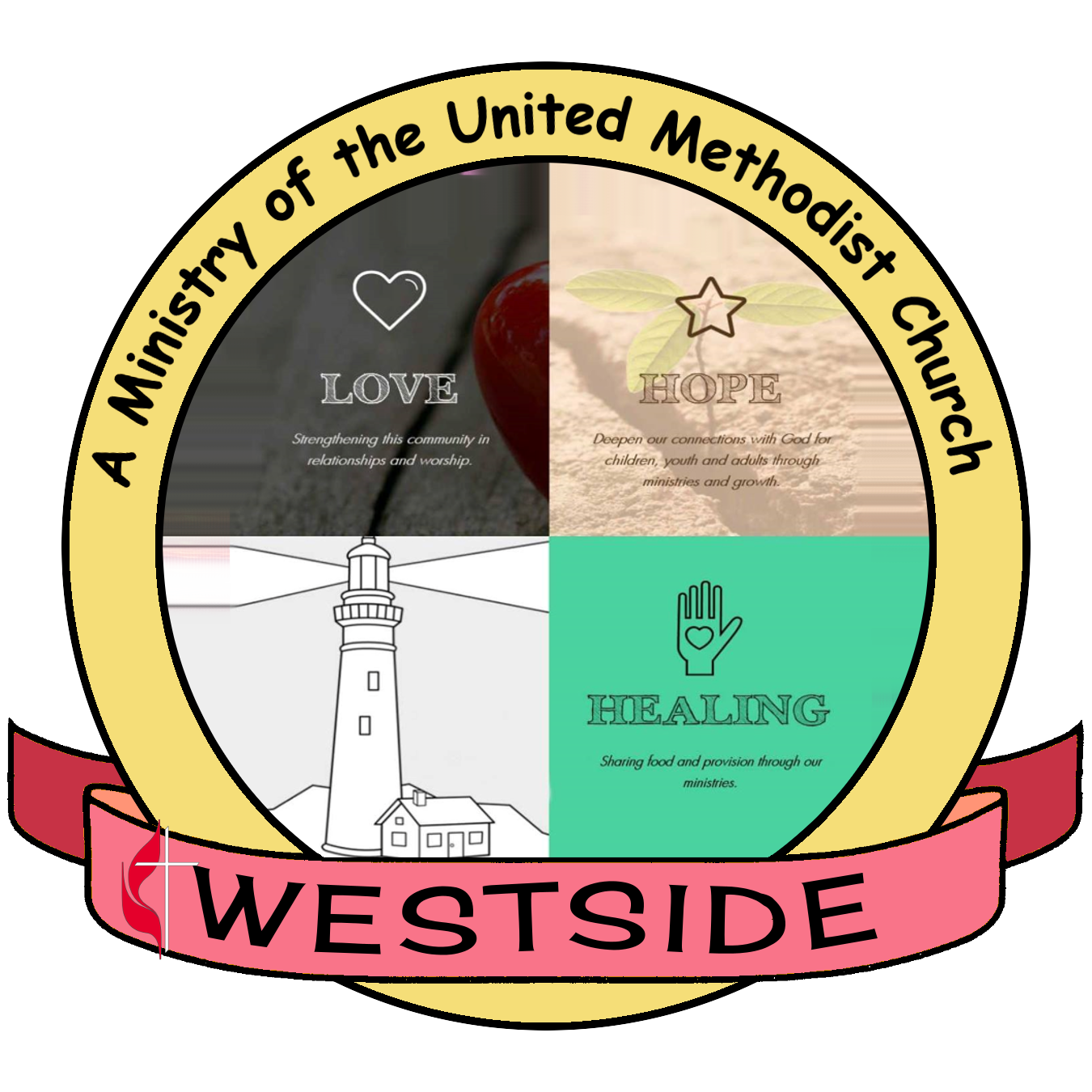Jeremiah 32:31-35; Micah 5:2-5a; Matthew 1:18-2:15
McLaren presents the argument that we must “keep Herod in Christmas” for in Herod’s demonstration of violence, in his attempt to kill the threat to his rule, Jesus, Herod behaved as many of us would have. There is no “us” vs “them” when we come down to it, for “...like Herod, members of ‘us’ will behave no differently from ‘them,’ given the power and provocation” (p 72). Wars will still occur and like this slaughter that occurred in Bethlehem, those wars will be fought by those much younger than those who planned them.
McLaren reminds us that what Herod commanded had also been commanded centuries earlier by another despotic ruler, Pharaoh, in Egypt, who commanded that all the baby boys be drowned in the river in order to prevent the Israelites from overthrowing their slave masters. His attempt to protect himself from Israel failed as Moses was one of the boys spared. Moses later became a mighty leader, a type of Savior, of Israel, who led them out of slavery.
McLaren asks: “Does God promote or demand violence? Does God favor the sacrifice of children for the well-being of adults? Is God best reflected in the image of powerful old men who send the young and vulnerable to die on their behalf? Or is God best seen in the image of a helpless baby, identifying with the victims, sharing their vulnerability, full of fragile but limitless promise?” (p 73).
We know how God answered those questions already by coming to earth as that child. Until the violence against children ends in this world, McLaren said, this slaughter of the innocents must be kept in Christmas to remind us of the precious value of every life.
Question to engage in:
“Share a time when you were a child and an adult other than a parent showed you great respect or kindness?”
When I was in 7th grade I needed a new start. On my birthday, March 22nd, when I turned 13, my family moved from our house in the community of Turlock, to an almond ranch my dad had bought out in the country near a much smaller place called Denair. This was not a long move, but it meant I had a choice to make. Did I want my mom to drive me back to Brown School for my continuation of Middle School, or would I like to change schools, leave friends behind and attend a small, country, one-room school just about a ¼ mile from our new house called “Gratton School.”
My 7th grade year had been immensely difficult already. I was flunking German and some other classes. I had spent the majority of that year either in a wheelchair or on crutches because of what I said was horrible pain in my heels. I couldn’t walk, for that season, at all. It was a strain on my family. My brothers thought I was just seeking attention. I didn’t really think that was it, after all they couldn’t feel what I felt. I received shots in my heels, my legs were put in casts, I was put into the wheelchair, I was put on crutches. All that year I had received special attention as a person handicapped. But the psychologist my parents sent me to was certain in his diagnosis: “Brian cannot stand up to life.”
Truly, I think that was it. So, one day, in February, my friend Ken had pushed me into our backyard, and my mom stood at the back door and said, with some exasperation, “Brian, get up and walk in here.” And crying, complaining, I stood and staggered to the door. There was more to it, but I walked again and thereafter, quickly, recovered.
So, when it came time to decide whether or not I would change schools, I jumped at the chance. The 6th-8th class at Gratton School had about 20 students, and the 7th grade class only eight students when I joined.
Our teacher was Jack Harlan, and somehow he understood me. I received special attention of a new variety. I competed against the super smart students in the class, like Bonnie Hubbard with her perfect handwriting. Even when I lost in the Spelling Bee, failing to spell anxious correctly, that loss didn’t feel like defeat. My grades and attitude improved, in Mr Harlan’s class. In a real sense, he was a man who reached into a river in which I was drowning, and pulled me out. He taught me to believe in myself, and, gave me hope where I had had none.
He was an adult in a powerful position who rather than using it against me, used his power to rescue me. I do not know what this was like to him. I do know what it did for me. He is a continual example of how one person can change the trajectory of another’s life.
Who might you name as such a person whose life made a difference in your own?
